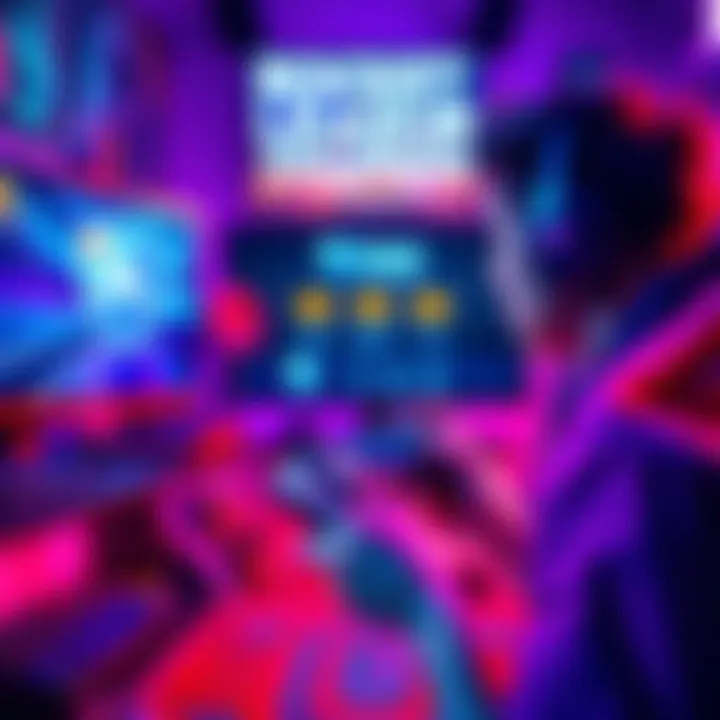Gamers Struggle with Ranks | C1 and C2 Dilemma Persists
Edited By
David Brown

A growing number of players are voicing their frustrations over being stuck in Champion 1 and 2 ranks in competitive play. This struggle isn't just personal; it's a shared experience among solo queue enthusiasts across EU servers.
Many players report hitting a wall after logging over 2,000 hours of gameplay. This recent discussion reflects a disheartening reality: advancing to higher ranks like Champion 3 or Grand Champion seems elusive. Players often find themselves on wild streaks—some scoring 10 wins in a row—only to tumble back down with consecutive losses.
Significance of the Community Dialogue
A player recently shared their experience, highlighting the emotional rollercoaster. "There are days when I feel strong enough for GC, and other times I can’t even clear the ball," they reported. This statement resonates deeply with many who share similar sentiments about their ranking struggles. The frustration comes not just from losses but from feeling like progress is blocked entirely.
Common Themes Echoed in Conversations
Replay Analysis: Participants suggest reviewing gameplay to identify and correct mistakes. As one commenter noted, "At this point, you should start with replay analysis, I guess."
Blame Game: Humorously, some vocalize the need to find fault with teammates to cope with their rankings. "Just make sure you always blame your teammates," quipped another player.
Energy Matching: Others advocate for syncing with teammates’ attitudes as a strategy to climb ranks. One enthusiast mentioned, "being in the right place, and matching your teammates' energy."
"It’s a rollercoaster. Anyone else in the same boat?"
Players Seek Assurance
The sentiment within the gaming community is a mix of hope and skepticism. While some maintain optimism that they can advance, others fear they've hit a plateau. Many wonder: does improvement really lie ahead for solo players?
Takeaways from the Discussion
🌟 Players often feel trapped between C1 and C2.
📈 Replay analysis is recommended as a path to improvement.
🙈 The culture of blaming teammates persists despite tactics to enhance play.
As discussions continue, players await further insights from the community on achieving breakthrough success in their competitive endeavors.
Odds on Ranking Progression
With a growing conversation around ranking challenges, it’s likely that more strategies will surface in the community. Experts estimate that around 60% of players will continue to struggle between C1 and C2 without adapting their techniques. Those who commit to replay analysis and altered gameplay strategies could see a significant improvement in their ranking, possibly advancing to C3 by mid-2025. Communities may cultivate new support groups, increasing the collective knowledge shared among players, which could facilitate faster rank progression for many. Given the competitive nature of Rocket League, a shift towards embracing accountability while simultaneously fostering teamwork is likely to influence player success in the coming months.
A Twist in the Tale of Progress
This scenario mirrors the early days of major sports leagues, where teams frequently faced challenging transitions. For instance, when the NFL expanded in the late 1970s, franchises struggled with player coordination and strategic development. Similar to today's players in the C1-C2 limbo, teams had to rely on practice and community support to improve rather than simply blaming individual performance. As the NFL evolved and teams began to share insights, success rates soared. The takeaway here is the power of community and collaboration: in Rocket League, a concerted effort to share experiences can lead to breakthroughs that individual talent alone might not achieve.
